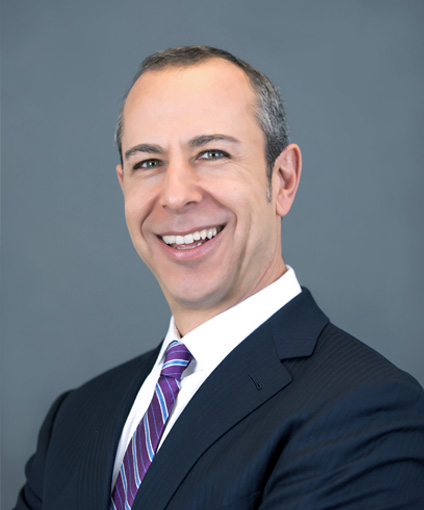In Acrisure, LLC v. Woodruff-Sawyer & Co., 84 Misc. 1262(A) (PAE), 2024 WL 5329871 (Sup. Ct. N.Y. Cnty.), Supreme Court, New York County, held that a former employer adequately pleaded tortious interference, unfair competition, and aiding-and-abetting claims against a competitor who used wrongful means to poach employees, take company secrets, and attempt a sophisticated cover up. The court was persuaded by the detailed allegations of the former employer after what appeared to be a detailed pre-suit investigation.
In late 2023, defendant Woodruff-Sawyer & Co. (“Woodruff”) began speaking with six executives (the “Executives”) at Acrisure, LLC (“Acrisure”), a Michigan company, about joining a new Woodruff office in New York. Woodruff coordinated the Executives’ exit and solicitation of Acrisure customers using confidential and proprietary information, despite employment agreements that prohibited those actions. On March 14, 2024, each of the Executives sent termination notices at the same time, effective immediately, to Acrisure using nearly identical language. Prior to leaving, the Executives deleted materials on their company devices. Over the course of the next week, 70 of Acrisure’s clients switched to Woodruff.
One Executive received a “recruiting bonus” based on how many employees she could recruit from Acrisure. She successfully recruited at least five Acrisure employees. One recruitment communication included the following response: “I just want you all to know, our conversations we had will go with me to my grave. I acted very surprised and reassured people [at Acrisure] I had absolutely no clue at all.”
Acrisure sued the Executives in a Michigan court. Woodruff directed defendants’ litigation strategy and indemnified the Executives. Acrisure then sued Woodruff in Supreme Court, New York County, bringing causes of action for (1) tortious interference with employment contracts with the Executives, (2) tortious interference with business relationships with customers, (3) unfair competition, (4) aiding-and-abetting fraudulent concealment, and (5) aiding-and-abetting breach of the Executives’ fiduciary duty. Woodruff moved to dismiss, which the court rejected, allowing the entire complaint to survive.
On the two tortious interference claims, Woodruff challenged the allegations of intentional interference, causation, and wrongful motive, arguing they failed to satisfy Acrisure’s pleading burden. The court disagreed, noting that Woodruff received Acrisure’s confidential information, offered a “recruiting bonus,” indemnified the Executives in the Michigan action, and encouraged the wrongful solicitation of Acrisure’s clients and employees. The court was particularly persuaded by the quoted communications that were not deleted, reasoning that they created “textbook examples” of intentional interference. The court also noted the timing of the 70 Acrisure clients leaving for Woodruff less than a week after the Executives joined it.
On the unfair competition claim, Woodruff argued that Acrisure had asserted mere conclusory allegations that could not amount to unfair competition. Again, the court disagreed, holding that Woodruff’s actions in poaching Acrisure employees and Executives, as well as confidential and proprietary information, constituted an unfair “leveraging” of a competitor’s resources against it.
On the aiding-and-abetting claims, Woodruff argued that Acrisure failed to plead with the requisite specificity required under CPLR 3016(b) for fraud claims because Acrisure engaging in “group pleading” to create “an overly dramatic narrative” and failed to identify a single misrepresentation. As to the argument about group pleading, the court reasoned that doctrine is inapplicable where there is only one defendant because the doctrine’s purpose is to ensure each defendant is apprised of the specific allegations against it. The court summarily rejected the argument about filing to identify a misrepresentation, citing numerous quotes from text messages and emails Acrisure had uncovered before filing its claims.
Acrisure serves as a reminder about the importance of conducting pre-suit investigation to provide detailed facts in support of a complaint, especially in fact-specific instances such as unfair competition and tortious interference by a competitor. If you have questions about the tortious interference, unfair competition, or aiding-and-abetting claims, please contact Michael C. Rakower or Daniel F. Gilpin.
652801_2024_ACRISURE_LLC_v_WOODRUFF_SAWYER_CO__DECISION___ORDER_ON_176
